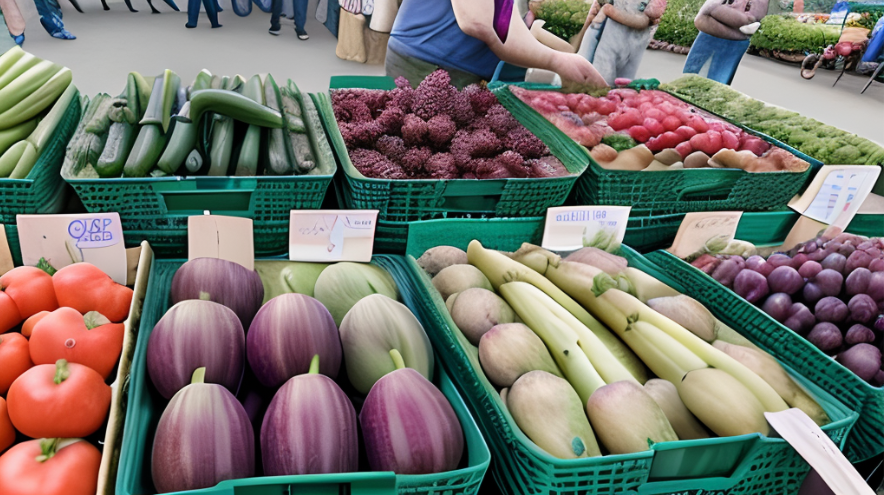Eco-Conscious Commerce: Why Sustainable Brands Win Today

In this article, I’ll introduce you to the accelerating shift toward sustainable and ethical products in today’s business landscape. As environmental responsibility becomes a core consumer value, you’ll see why brands that prioritize sustainability, ethical sourcing, and transparency are gaining a competitive edge. Understanding these trends is essential if you want your brand to thrive in a rapidly evolving marketplace.
Key Takeaways
Sustainable and ethical products are increasingly favored by consumers, driving new business opportunities.
Certifications and transparent practices are essential for building trust and credibility in eco-conscious markets.
Storytelling and SEO strategies can amplify your brand’s ethical message and attract engaged, loyal customers.
Rising Sustainable Product Categories and Consumer Demand
You are witnessing a profound transformation in consumer preferences as sustainable product categories gain momentum. Plant-based goods, recycled materials, and zero-waste packaging are no longer niche—they are mainstream expectations. Research shows that you are likely to pay a premium for products that align with your values, especially those that demonstrate environmental stewardship [placeholder citation]. For example, the surge in demand for organic foods, cruelty-free cosmetics, and upcycled fashion reflects a broader shift toward conscious consumption. By aligning your offerings with these trends, you position your brand as a leader in environmental responsibility and capture the loyalty of a growing segment of eco-minded consumers.
Certifications and Transparency: Building Trust in Eco-Friendly Brands

You may encounter skepticism from consumers who question the authenticity of sustainability claims. To address this, you need to pursue third-party certifications such as Fair Trade, B Corp, and USDA Organic, which provide credibility and assurance [placeholder citation]. Transparent supply chains and clear communication about sourcing and production further reinforce trust. While some argue that certifications can be costly or complex to obtain, the long-term benefits for your brand’s reputation and customer loyalty are significant. By embracing transparency and verifiable standards, you demonstrate a genuine commitment to ethical business practices and set your brand apart in a crowded marketplace.
Storytelling and SEO: Elevating Your Ethical Brand Presence
You can leverage compelling storytelling and targeted SEO to differentiate your brand in a competitive environment. Sharing your sustainability journey, highlighting ethical sourcing, and using relevant keywords help you connect with conscious consumers. Practical applications include creating blog content, case studies, and social media campaigns that showcase your impact and values. Looking ahead, integrating AI-driven SEO and interactive storytelling will further enhance your brand’s visibility and engagement. By mastering these strategies, you ensure that your ethical message reaches a wider, more engaged audience and builds lasting emotional connections.
Conclusion
To recap, prioritizing sustainability and ethics is no longer optional—it’s a strategic imperative. By embracing sustainable product categories, securing certifications, and mastering storytelling and SEO, you can build a resilient, future-ready brand. I encourage you to consider how these approaches can help your business lead in the era of eco-conscious commerce and create lasting value for both your customers and the planet.
https://holisticwellnesswave.com/index.php/2025/08/05/mental-wellness-through-micro-practices-digital-tools/
https://www.ibm.com/us-en
FAQs
Q1: What are the most popular sustainable product categories today?
A: Leading categories include plant-based foods, recycled materials, zero-waste packaging, and cruelty-free personal care products.
Q2: How do certifications benefit eco-friendly brands?
A: Certifications like Fair Trade and B Corp validate your sustainability claims, build consumer trust, and differentiate your brand in the marketplace.
Q3: How can storytelling and SEO boost an ethical brand’s success?
A: Storytelling humanizes your brand and builds emotional connections, while SEO ensures your ethical message reaches a wider, more engaged audience.








